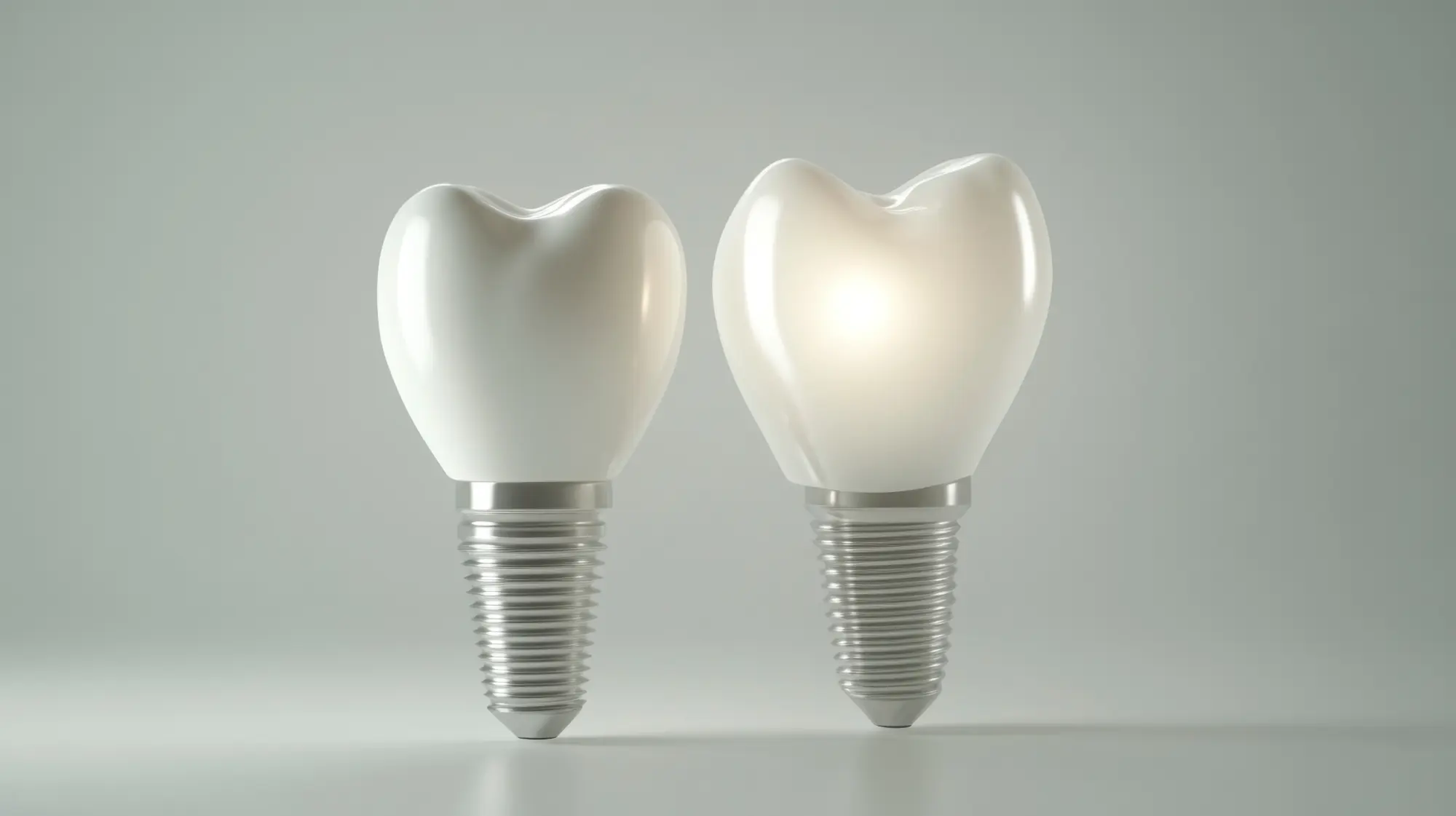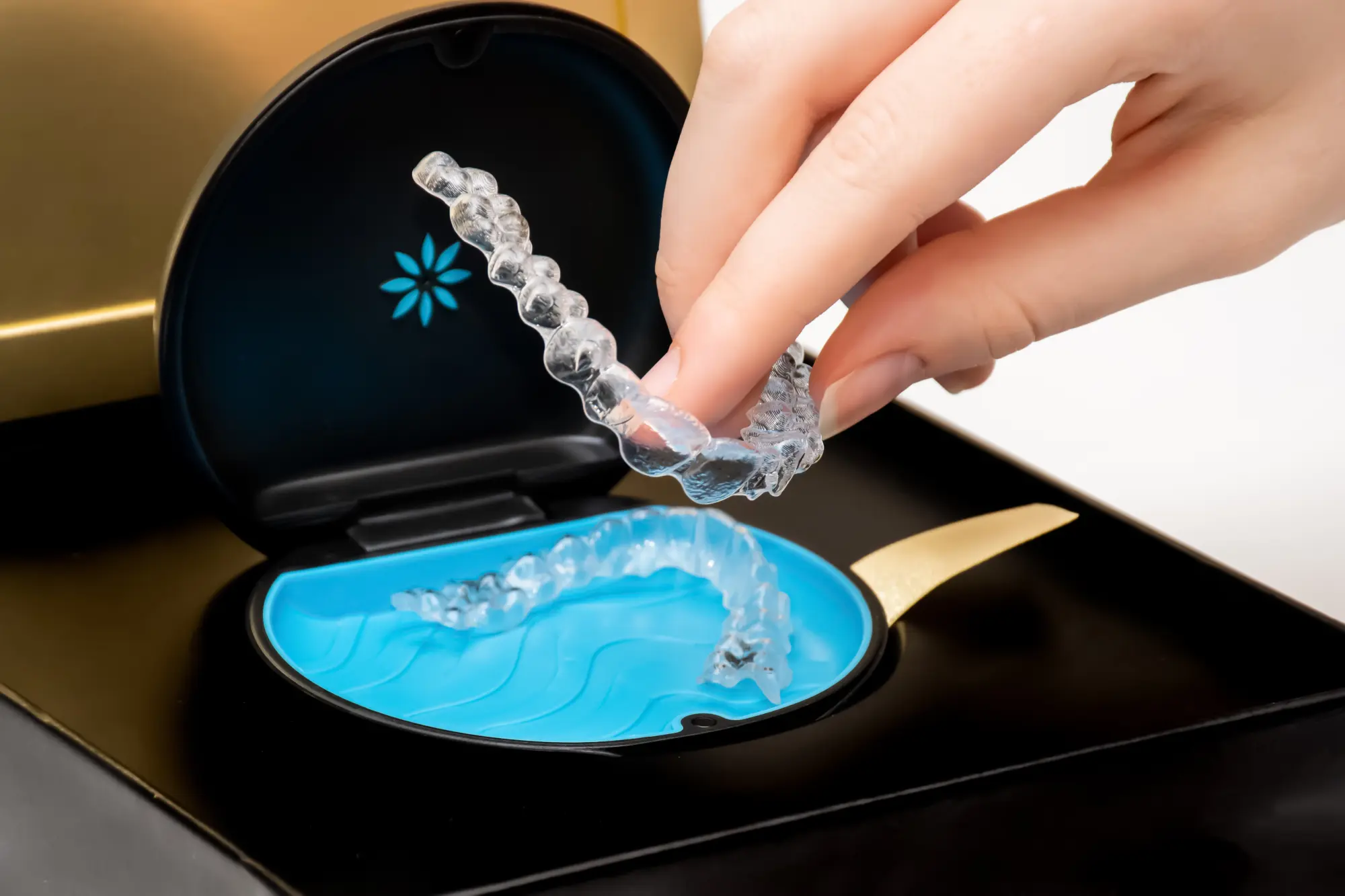
Does Anxiety Cause Sleep Apnea?
Anxiety has become increasingly prevalent in our modern world, often bringing with it a range of health complications that many people don't expect, including sleep apnea—a condition that can disrupt your sleep quality and daily functioning. If you've been dealing with both anxiety and sleep issues, you may be wondering whether these problems are connected, and research suggests there is indeed a meaningful relationship between the two. Understanding this connection could be an important step toward better sleep and improved well-being.
Understanding Anxiety and Its Impact on Sleep
Anxiety is a mental health disorder characterized by feelings of worry, nervousness, or fear that are strong enough to interfere with one's daily activities. It can manifest in various forms, including generalized anxiety disorder, panic disorder, and social anxiety disorder. Anxiety can have a profound effect on sleep, leading to:
- Difficulty falling asleep
- Frequent awakenings during the night
- Restless sleep
- Nightmares or night terrors
These disruptions can create a vicious cycle, where poor sleep exacerbates anxiety, and increased anxiety further disrupts sleep.
The Link Between Anxiety and Sleep Apnea
Sleep apnea is a serious sleep disorder where breathing repeatedly stops and starts during sleep. It can lead to fragmented sleep and reduced oxygen levels in the blood. While anxiety does not directly cause sleep apnea, it can worsen its symptoms. Anxiety can lead to:
- Increased muscle tension, which can affect breathing patterns
- Elevated heart rate and blood pressure, contributing to sleep disruptions
- Heightened stress response, which can aggravate sleep apnea episodes
Understanding the interplay between these conditions is essential for effective management and treatment.
Managing Anxiety and Sleep Apnea
Addressing both anxiety and sleep apnea requires a comprehensive approach. Here are some strategies that can help:
- Consulting a healthcare professional for a proper diagnosis and treatment plan
- Practicing relaxation techniques such as deep breathing, meditation, or yoga
- Maintaining a regular sleep schedule and creating a restful sleep environment
- Using continuous positive airway pressure (CPAP) therapy for sleep apnea
By taking proactive steps, individuals can significantly improve their sleep quality and reduce anxiety symptoms.
When to Seek Professional Help
If you suspect that anxiety and sleep apnea are affecting your health, it's crucial to seek professional help. Signs that you may need to consult a healthcare provider include:
- Persistent difficulty sleeping despite lifestyle changes
- Excessive daytime sleepiness or fatigue
- Loud snoring or gasping for air during sleep
- Frequent panic attacks or overwhelming anxiety
Early intervention can lead to better outcomes and a more restful night's sleep.
Take the First Step Towards Better Sleep in Lake Ridge
At Lake Ridge Dental, we understand the importance of a good night's sleep and the role it plays in overall health. If you're struggling with anxiety and suspect it might be linked to sleep apnea, don't hesitate to reach out. Dr. Sanae Berrada and our dedicated team are here to help you find the relief you need. Contact us today at (703) 491-4040 to schedule an appointment and take the first step towards better sleep and improved well-being in Lake Ridge, VA.


















